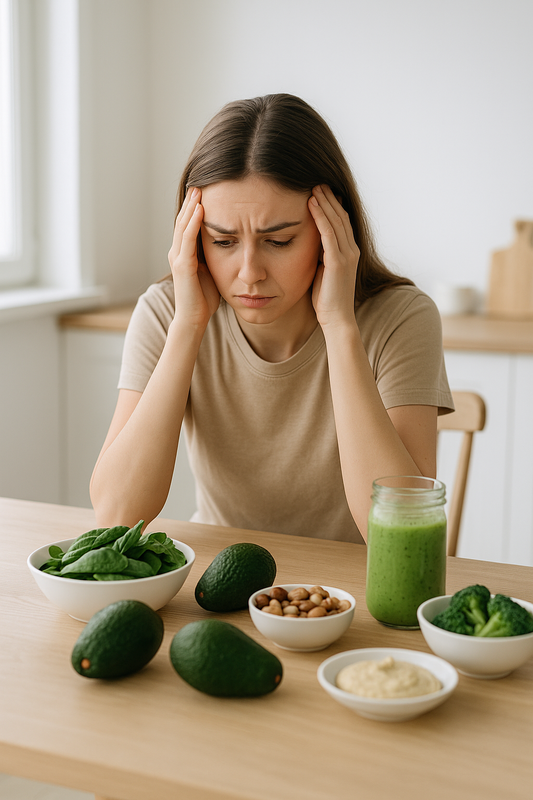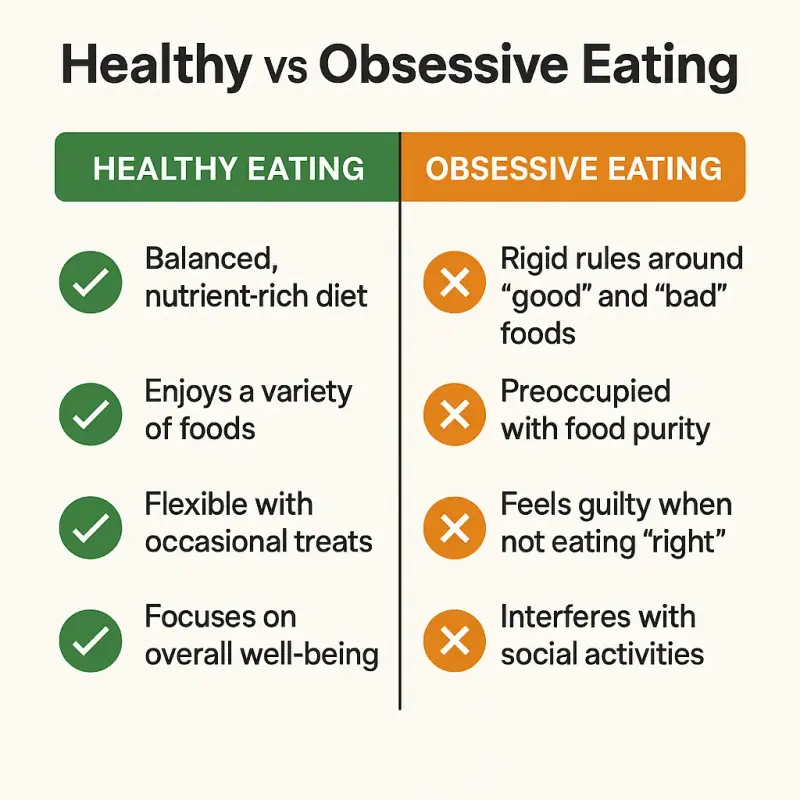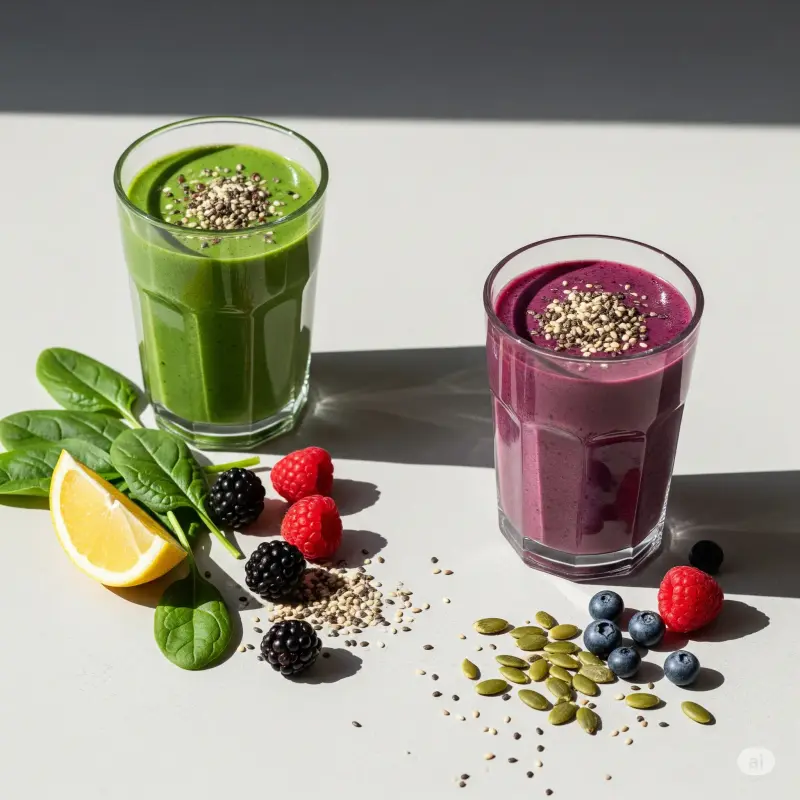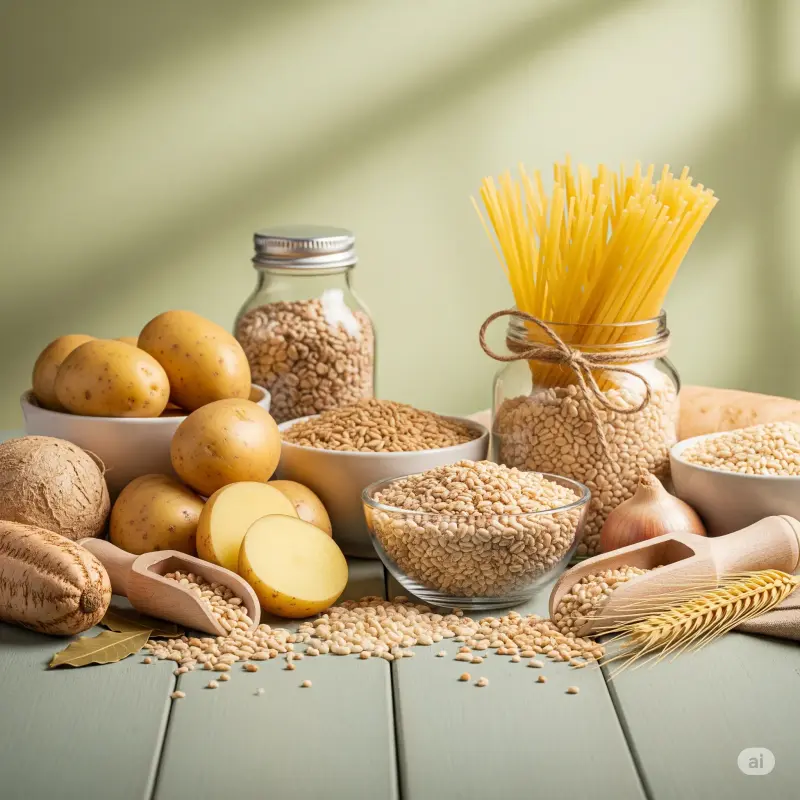
Clean Eating Isn’t Always Healthy: The Hidden Dangers of Food Obsession
“Clean eating” may start as a healthy intention — but taken too far, it can morph into an eating disorder called orthorexia. This obsession with only consuming “pure” or “healthy” foods can lead to malnutrition, social anxiety, and psychological distress.
What is Orthorexia?
Orthorexia nervosa is not officially recognized in the DSM-5, but it shares characteristics with both eating disorders and obsessive-compulsive disorder (OCD). Those struggling with orthorexia are overly focused on food quality, purity, and healthiness, often to the detriment of their well-being.

Signs of Orthorexia May Include:
- Eliminating entire food groups with no medical reason
- Feelings of guilt or shame when eating “unapproved” foods
- Strict rules and rituals around food prep
- Judging others’ food choices
- Significant stress when “safe” foods aren’t available
The Hidden Risks
Orthorexia might look like “discipline” on the outside, but its impact can be deeply harmful.
- Reduced food variety → malnutrition, vitamin deficiencies[1]
- Social isolation and anxiety when “safe” foods aren’t available[2]
- Psychological stress linked to OCD tendencies and depressive symptoms[3]
Marketing Myths: “Clean” and “Detox”
Many people adopt strict eating patterns under the influence of health marketing. Buzzwords like “clean,” “detox,” “guilt-free” or “superfoods” are often used to sell products — not based on science, but on fear and perfectionism.
Myth: “Detox” Foods
Your body already has a liver and kidneys — the real detoxers. No juice will outperform them.
Myth: “Clean” = Better
“Clean” isn’t a medical term — it’s subjective. Labelling food this way can create unhealthy associations and guilt.
Choose Balance Over Perfection
True health is not about rigid rules. It’s about nourishing your body with flexibility, self-awareness, and compassion.
“Orthorexia is a reflection of perfectionism. Letting go of rigid beliefs is a powerful act of healing.”
– Harvard Health Publishing
If you notice yourself or someone you love experiencing distress around food purity or guilt from eating “wrong,” it may be time to reach out to a health professional or registered dietitian.
References
- Harvard Health Publishing. “Orthorexia: When healthy eating becomes a problem.” 2022.
- NEDA (National Eating Disorders Association). “Orthorexia: Warning Signs.”
- Mayo Clinic. “OCD and Eating Disorders.”
Learn about eating disorders and recovery in our Mind & Mood section. Want to ditch perfection? Check our Balanced Nutrition Guide.



